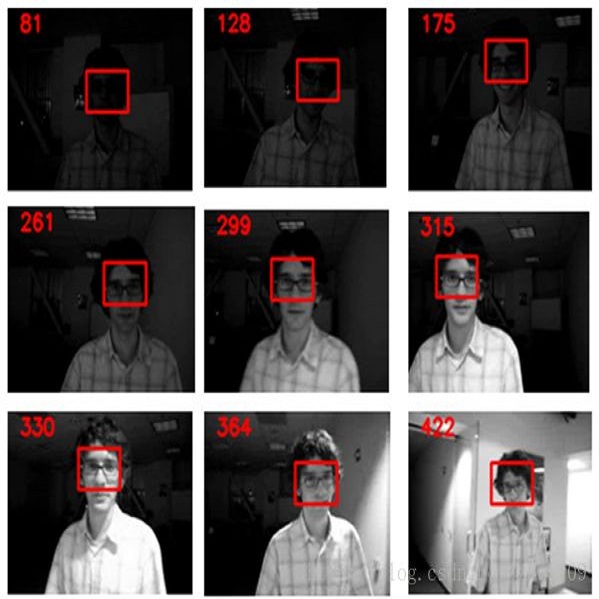Methodologies for incorporating the uncertainties characteristic of data-driven object detectors into object tracking algorithms are explored. Object tracking methods rely on measurement error models, typically in the form of measurement noise, false positive rates, and missed detection rates. Each of these quantities, in general, can be dependent on object or measurement location. However, for detections generated from neural-network processed camera inputs, these measurement error statistics are not sufficient to represent the primary source of errors, namely a dissimilarity between run-time sensor input and the training data upon which the detector was trained. To this end, we investigate incorporating data uncertainty into object tracking methods such as to improve the ability to track objects, and particularly those which out-of-distribution w.r.t. training data. The proposed methodologies are validated on an object tracking benchmark as well on experiments with a real autonomous aircraft.
翻译:探索了将数据驱动物体探测器的不确定性特性纳入物体跟踪算法的方法,物体跟踪方法依靠测量误差模型,典型的形式是测量噪音、假正率和误差探测率,其中每个数量一般都取决于物体或测量地点,但是,对于神经网络处理的相机输入物所产生的检测,这些测量误差统计数据不足以代表错误的主要来源,即运行时传感器输入物与对探测器进行培训的培训数据之间的差异。为此,我们调查将数据不确定性纳入物体跟踪方法,例如提高跟踪物体的能力,特别是那些超出分布范围的培训数据。拟议方法在物体跟踪基准上以及在实际自主飞机实验上得到验证。



